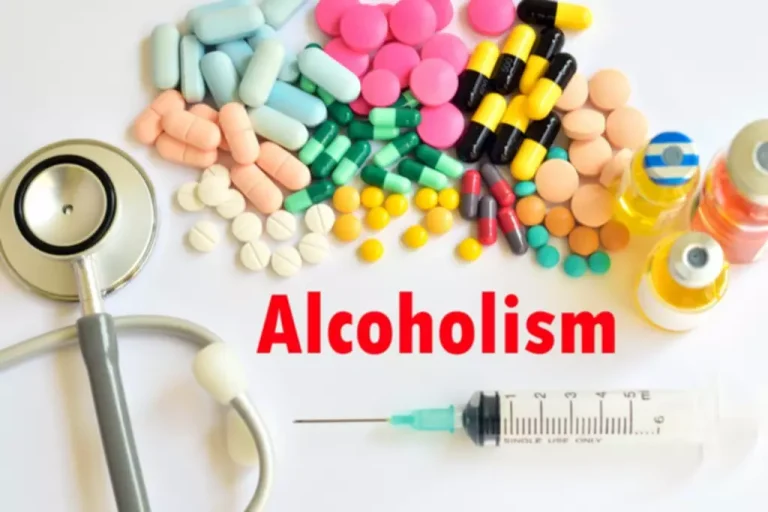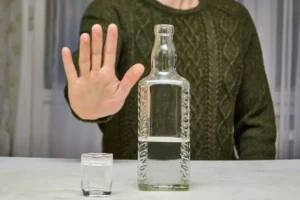
Recognizing these warning signs early on can help prevent full-blown relapse and encourage individuals to seek help before it’s too late. This knowledge can also aid in creating individualized relapse prevention plans that cater to specific needs. This treatment focuses on teaching skills to recognize triggers like stress or thoughts.

Get Professional Help
Clinical experience has shown that common causes of relapse in this stage are poor self-care and not going to self-help groups. Eat a well-balanced diet with lots of fresh fruit and vegetables, lean protein, and whole grains. Following these healthy habits will help you feel better and more in control of your life. Certain people, places, and situations can drive you back into drinking or using drugs again. The Marlatt Model illustrates how both tonic (stable) and phasic (short-lived) influences interact with each other in order to evaluate the likeliness of a relapse. The difference between these two variables are that tonic processes represent how susceptible one is to relapse while phasic responses serve as factors that either cause or prevent relapse.
Care for yourself
They often assume that non-addicts don’t have the same problems or experience the same negative emotions. Therefore, they feel it is defensible or necessary to escape their negative feelings. The cognitive challenge is to indicate that negative feelings are not signs of failure, but a normal part of life and opportunities for growth. Helping clients feel comfortable with being uncomfortable can reduce their need to escape into addiction. They occur when the person has a window in which they feel they will not get caught.
Recognizing Warning Signs
Pathways involved in how a person feels pleasure and processes rewards, memory, and decision-making can be altered through substance abuse. With repeated use, alterations in brain chemistry and functioning can result in the development of substance dependence. Once a person becomes significantly physically dependent, withdrawal symptoms and drug cravings may be common side effects if drinking or drug use slows or stops suddenly. Someone who has grown dependent on a substance may not feel “normal” without it.
- It is designed to help you identify your triggers, warning signs, and coping strategies.
- Many support group options exist outside of the 12-step model, so don’t let bad experiences stand in the way of your recovery.
- Try to keep track of what, when, and who causes you to experience symptoms.
Marlatt and Gordon Relapse Prevention Model

Whether you are going to rehab for the first time, or have relapsed in the past, we will work with you to find the best treatment plan for you. Denied users will not or cannot fully acknowledge the extent of their addiction. Denied users invariably make a secret deal with themselves that at some point they will try using again. https://ecosoberhouse.com/ Important milestones such as recovery anniversaries are often seen as reasons to use. Alternatively, once a milestone is reached, individuals feel they have recovered enough that they can determine when and how to use safely. It is remarkable how many people have relapsed this way 5, 10, or 15 years after recovery.
What’s Included in a Relapse Prevention Plan
It will give a warning and help preempt another potential slip-up and give an addict ample time to follow the relapse prevention plan when the early warning signs occur. First, recovering addicts must acknowledge that relapse is always possible. By recognizing this reality, patients should be motivated to stay on guard and learn as much as they can about how to prevent it.
Abstinence Stage
- Relapse prevention is a strategy designed to help individuals maintain their progress in overcoming addiction or other harmful behaviors.
- Relapse occurs when someone who has been sober or in recovery for a period of time experiences setbacks that lead them back to substance use.
- Clinical experience has shown that this stage usually starts 3 to 5 years after individuals have stopped using drugs or alcohol and is a lifetime path.
- Addicts must lie about getting their drug, hiding the drug, denying the consequences, and planning their next relapse.
- Clinical experience has shown that common causes of relapse in this stage are poor self-care and not going to self-help groups.
- Unlike acute withdrawal, which has mostly physical symptoms, post-acute withdrawal syndrome (PAWS) has mostly psychological and emotional symptoms.
Maintaining optimal oral health is vital for overall well-being, ensuring a confident smile and contributing to systemic health. However, numerous factors, including drug use and abuse, can significantly affect oral health outcomes. In the journey of recovery, whether from trauma or addiction, adopting long-term strategies is important for sustained progress. Additionally, consider joining a support group like Alcoholics Anonymous (AA) or Narcotics Anonymous (NA).

Recognizing and Responding to Early Warning Signs
- By knowing the triggers, the patient can put mitigation measures in place.
- There are many risks to recovery at this stage, including physical cravings, poor self-care, wanting to use just one more time, and struggling with whether one has an addiction.
- It encompasses various practices and activities to enhance mental, emotional, and spiritual well-being.
- A warning sign is when clients ask for professional help and consistently ignore the advice.
MBRP integrates mindfulness practices with a cognitive-behavioral approach to help individuals develop awareness of cravings without reacting spontaneously. It aims to increase self-regulation and decrease the risk of relapse. This approach helps people determine and change negative thought patterns and actions contributing to relapse. It focuses on developing coping strategies and enhancing problem-solving skills.
Mindfulness And Meditation
